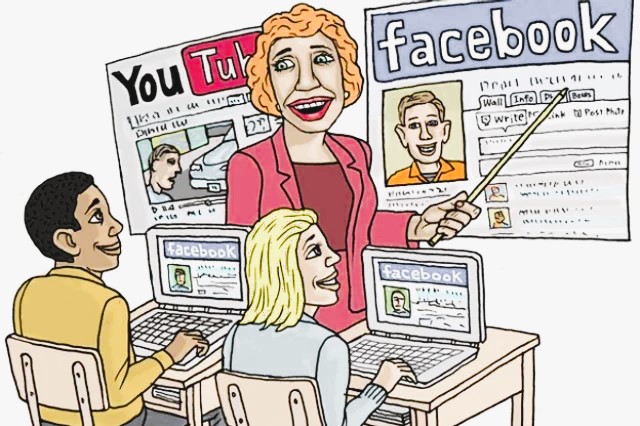In the dynamic realm of media education, the journey of the Ryers ON School of Media stands as a testament to the evolution and innovation that have shaped the landscape over the years. Established with a vision to nurture creative minds and prepare them for the challenges of the ever-changing media industry, RTA has carved a distinctive niche for itself. This article takes a comprehensive look at the rich history of RTA, highlighting key milestones, influential figures, and the school’s ongoing commitment to excellence.
A Founding Vision
The roots of RTA trace back to its founding vision, which aimed to bridge the gap between academia and industry. Established in [insert founding year], the school was envisioned as a hub where theoretical knowledge met hands-on experience. The founding principles emphasized the importance of staying ahead of the curve in media education, anticipating industry trends, and equipping students with the skills necessary for success.
Early Years and Milestones
The early years of RTA were marked by significant milestones that laid the foundation for its future success. From the inception of groundbreaking programs to the establishment of state-of-the-art facilities, the school quickly gained recognition as a leader in media education. The commitment to staying at the forefront of technological advancements set RTA apart, attracting both students and industry professionals seeking a cutting-edge education.
Influential Figures

Behind every successful institution are visionary leaders who steer the ship toward excellence. RTA has been fortunate to have a roster of influential figures who have played pivotal roles in shaping its identity. From founding deans to distinguished faculty members, these individuals brought a wealth of industry experience and academic rigor, creating an environment conducive to creativity and innovation. What impact do new media have on education? Read more in our article.
Adapting to Technological Shifts
As technology rapidly evolved, RTA demonstrated a remarkable ability to adapt and integrate emerging trends into its curriculum. From the transition to digital media to the incorporation of virtual reality and artificial intelligence, the school has consistently been at the forefront of technological shifts. This adaptability ensures that RTA graduates enter the workforce with a skill set that aligns with industry demands.
Global Recognition and Collaborations
RTA’s commitment to excellence has not gone unnoticed on the global stage. The school’s programs have garnered recognition, attracting students from diverse backgrounds. Moreover, strategic collaborations with international institutions and industry leaders have further elevated RTA’s standing, fostering a global network that benefits both students and alumni.
Ongoing Innovations

The story of RTA is not one of resting on past laurels but of continuous innovation. The school remains dedicated to providing students with a relevant and forward-looking education. Ongoing initiatives, such as [insert specific programs or projects], showcase RTA’s commitment to pushing boundaries and preparing students for the media landscape of tomorrow.
A Glimpse into the Future
As we reflect on RTA’s rich history, it becomes evident that the school’s journey is a perpetual evolution. The future holds exciting possibilities, with RTA poised to continue leading the way in media education. Whether through pioneering research, cutting-edge facilities, or strategic partnerships, RTA’s legacy is one of resilience, adaptability, and a steadfast commitment to shaping the media professionals of the future.
In conclusion, the Ryers ON School of Media’s evolution is a captivating narrative of growth, innovation, and global impact. As we celebrate its rich history, we also look forward to witnessing the continued success and influence of RTA in the ever-evolving world of media education.
For more information on media education standards and practices, you can refer to the Wikipedia page on Media Education. These resources provide valuable insights into the broader context of media education and its global significance.




